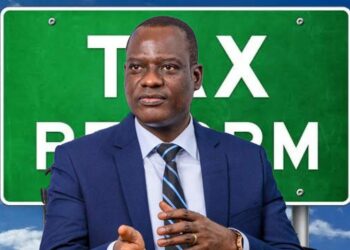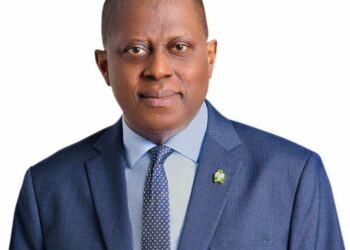Nigeria’s foreign capital inflows from BRICS nations surged by 189 per cent in the first half of 2024, as the country intensifies efforts to secure a spot within the expanded BRICS coalition.
Data from the National Bureau of Statistics (NBS) shows that capital importation from BRICS countries jumped from $438.72 million in the first six months of 2023 to $1.27 billion during the same period in 2024.
The BRICS group, originally composed of Brazil, Russia, India, China, and South Africa, expanded on January 1, 2024, by officially welcoming five new members: Saudi Arabia, Iran, Egypt, Ethiopia, and the UAE. Although Argentina was invited, it declined, bringing the total membership to 10.
While Nigeria was not included in the latest expansion, it remains committed to joining the group within the next two years, recognsing the potential for increased trade and investment flows that BRICS membership offers.
The increase in BRICS capital inflows was primarily driven by South Africa and Saudi Arabia, which recorded the largest investments in the first half of 2024.
Capital inflows from South Africa rose sharply from $228.09 million in H1 2023 to $838.32 million in H1 2024, a 267 per cent increase. The surge reflects strong bilateral relations between the two countries, particularly in financial services, consumer goods, and telecommunications.
Saudi Arabia, one of the newly admitted BRICS members, also made significant investments, increasing capital inflows from just $0.03 million to $147.07 million in the same period.
China, which had a smaller investment presence in the previous year, saw capital importation into Nigeria rise from $0.25 million to $35.64 million. This increase aligns with China’s Belt and Road Initiative, which aims to enhance infrastructure and trade networks across Africa, with Nigeria playing a key role.
Among the newly-inducted BRICS members, the UAE also contributed to the rise, with inflows growing from $209.41 million in H1 2023 to $245.19 million in 2024, reflecting deepening economic ties between Nigeria and the Gulf states in areas such as energy, infrastructure, and trade.
Despite the overall growth, half of the BRICS countries did not record any capital inflows into Nigeria during both H1 2023 and H1 2024. These countries—Brazil, Russia, Iran, Egypt, and Ethiopia—did not make any investments in Nigeria during the period under review.
This absence of capital inflows could be attributed to economic priorities, regional focus, or geopolitical considerations influencing their investment strategies.
In November 2023, Yusuf Tuggar, Nigeria’s Minister of Foreign Affairs, expressed the government’s ambition to join the BRICS bloc within the next two years and also pursue membership in the G20. He emphasised that Nigeria’s economic size and population meet the qualifications for such global organisations.
Last year, Vice President Kashim Shettima attended the BRICS summit in South Africa, although Nigeria did not push for membership when new members, including Ethiopia and Egypt, were admitted.
In September 2024, Tuggar reiterated Nigeria’s interest in joining the BRICS bloc, which he described as an influential economic group. While the country has not yet submitted a formal application, the foreign minister noted that the Tinubu administration intends to do so “at the right time.”





